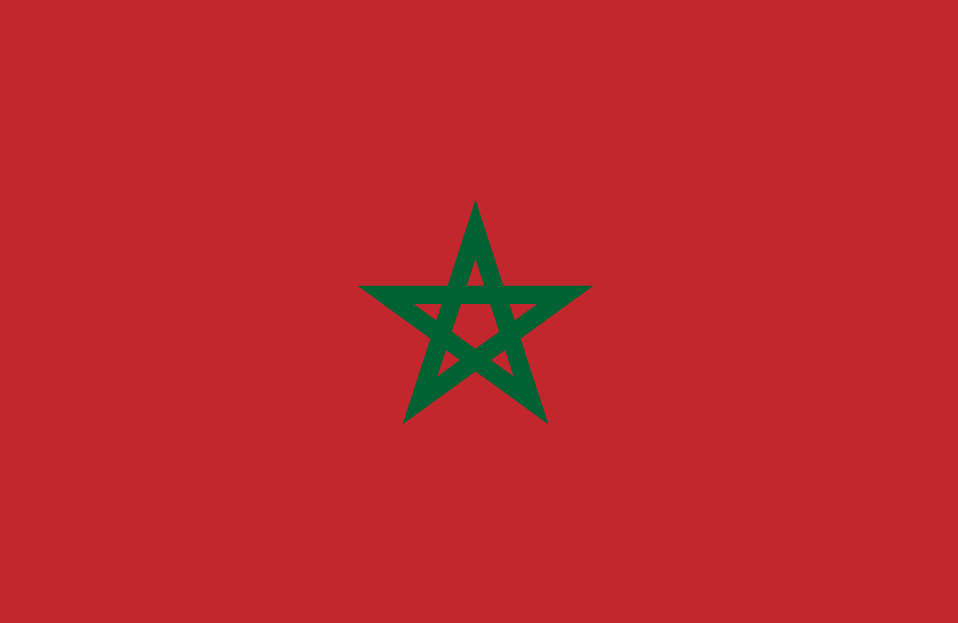It is estimated that Morocco’s Ouarzazate Solar Power Station will soon be able to produce enough alternative and renewable energy to provide power to over one million people. The solar energy generated at this facility will also see the country reduce its carbon emissions by a huge margin, helping it achieve global emission quotas and putting it in line with that of the most energy savvy of developed countries.
The Ouarzazate Power Station, also known as the Noor Complexes, will use concentrated solar power that is more complex than the photovoltaic panels which are usually used in such energy plants. The solar energy is generated by having mirrors that focus on sunlight and a special liquid – when the liquid is heated up to a temperature of 400 degrees Celcius, it is mixed with water to produce steam.
The steam that is produces during the heating process generates electrical power. Each Noor also has a cylindrical tank that is packed with salt – the salts in the tank are melted during the day and they stay packed with enough energy to run for three hours at night. The large quantities of energy generated at Ouarzazate can be stored for long periods of time and can then be re-appropriated at a later date for further use.
The Ourzazate Power Station will help to ensure that Morrocco will increase their alternative energy by more than half in time for 2020. Solar power (and other forms of renewable energy) is also seen as way to cut down on the high cost of importing fossil fuels from other countries.
The first two solar energy Noors at Ourzazate will officially begin ongoing energy production in 2017, while the other four will be completed in the year 2020. It is estimated that once the whole plant is complete and fully operational, it will produce a total of 580 megawatts of energy per year.
The Ourzazate project is being funded by World Bank and will see Morocco make substantial gains in areas such as job creation and increased energy security in the country. This new investment in solar energy looks set to leave a lasting positive impact on the economy of the country.
The solar energy success in Morocco highlights the fact that North Africa is a region where investment in solar energy can bring about great dividends. Once the fruits of their labour have been fulfilled, it is highly likely that neighboring nations such as Algeria and Tunisia will follow suit by investing in solar power production of their own. Morocco’s Ourzazate Solar Power Plant is a model for other countries to follow in achieving their alternative energy goals. The flickering and unreliable light bulbs that are commonplace in their country will soon be little more than a distant memory for the people of Morrocco.
Morocco has taken a bold step in ensuring that a clean energy environment in the country is achieved and it is an act that all countries ought to emulate. The cutting edge technology currently being developed and tested in Morrocco will be significant in championing the case for a clean environment around the globe.

